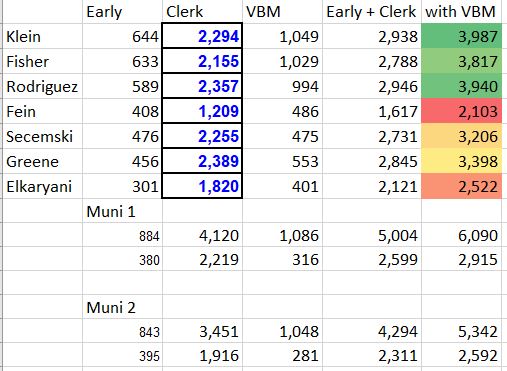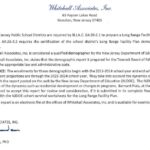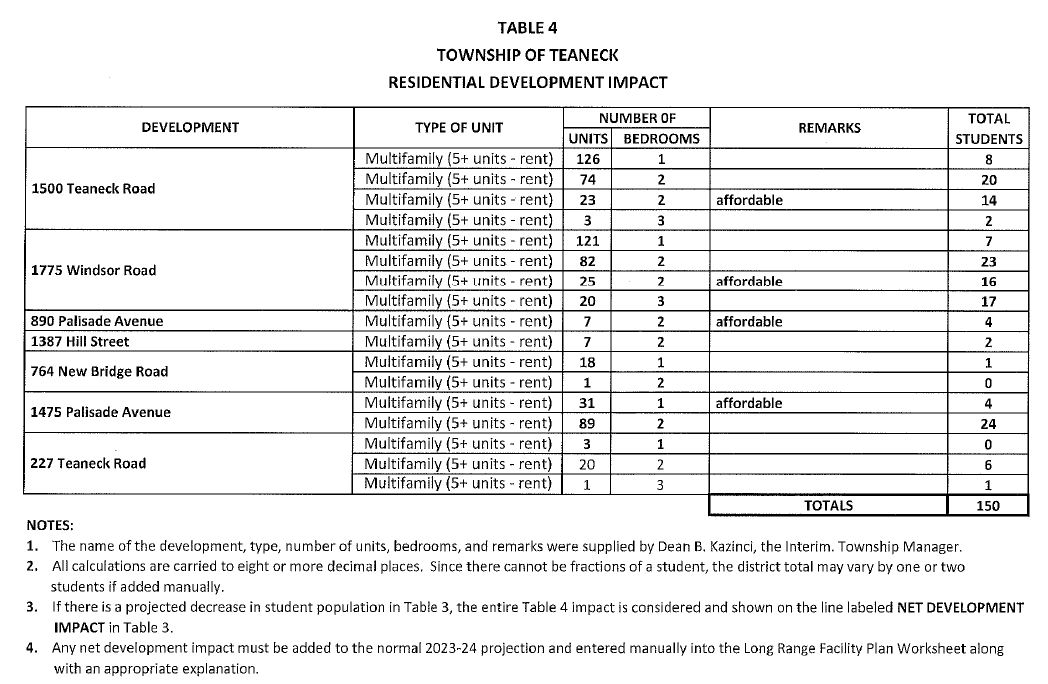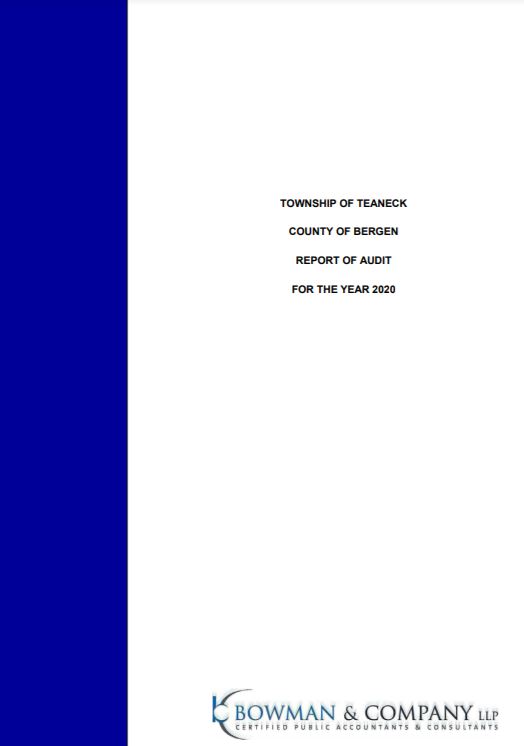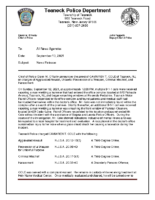Remarks for Veterans Day, 11/11/21
Keith Kaplan, Councilman
Without veterans, without the service to a cause larger than yourselves, many of us simply would not be here today. That service, right here in NJ, earned my grandfather his citizenship — and on behalf of the Township Council and the Township of Teaneck, I want to wish everyone a happy Veterans Day and thank you for your service.
We owe our veterans a profound debt. Not merely for service, but for what that service has meant foto us all.
The history of any town is the history of its people. And veterans have always been an integral part of what has made Teaneck what we are. Even before we had our own name, our sons and daughters sacrificed for our freedoms in the 22nd infantry of Bergen County during the Civil War.
Last year, I focused on this day, at this time – and how it was inextricably linked to WWI and the Armistice signed to end the fighting for that “War to End all Wars”. In many ways, we still mirror that time, including a world struck with a global pandemic.
Just as we are meeting here today, Judge A. Demorest Del Mar spoke here in 1938. Del Mar was a lieutenant in the Navy during WWI and he said to those assembled: “We fought to retain that which we value above all earthly things – liberty. We will fight again and again to preserve it if necessary.”
Unfortunately, those words would become true too soon.
Today, I wanted to take a little time to talk about Teaneck’s WWII veterans and specifically the way Teaneck was molded by their service. Continue reading “Kaplan: Remarks on Veterans Day, 11am, 11/11/2021”
